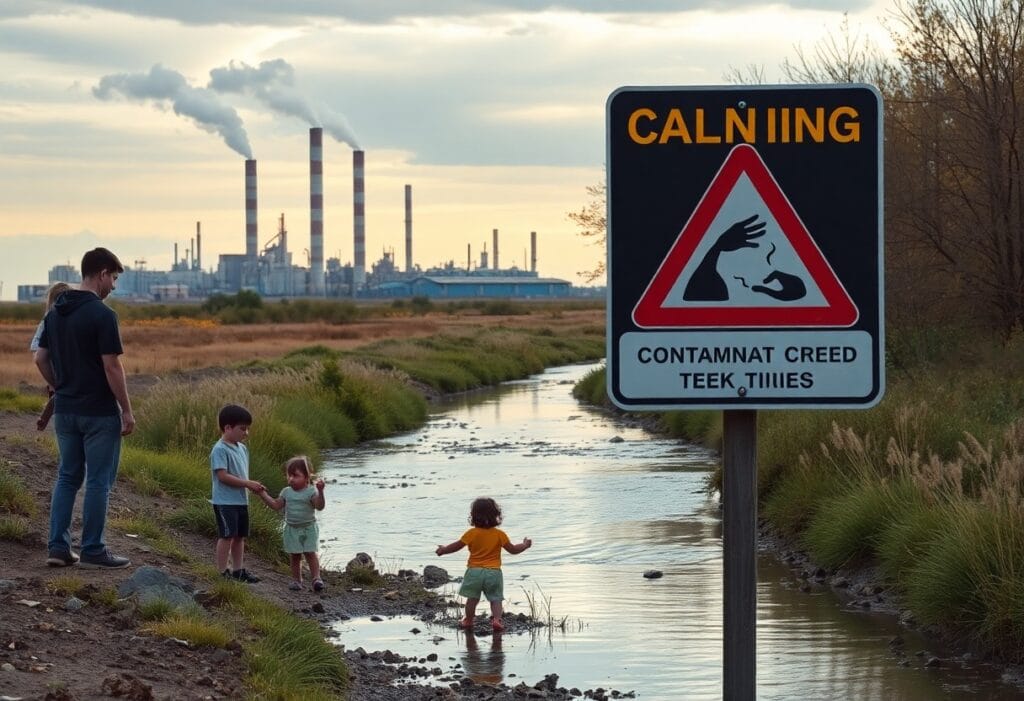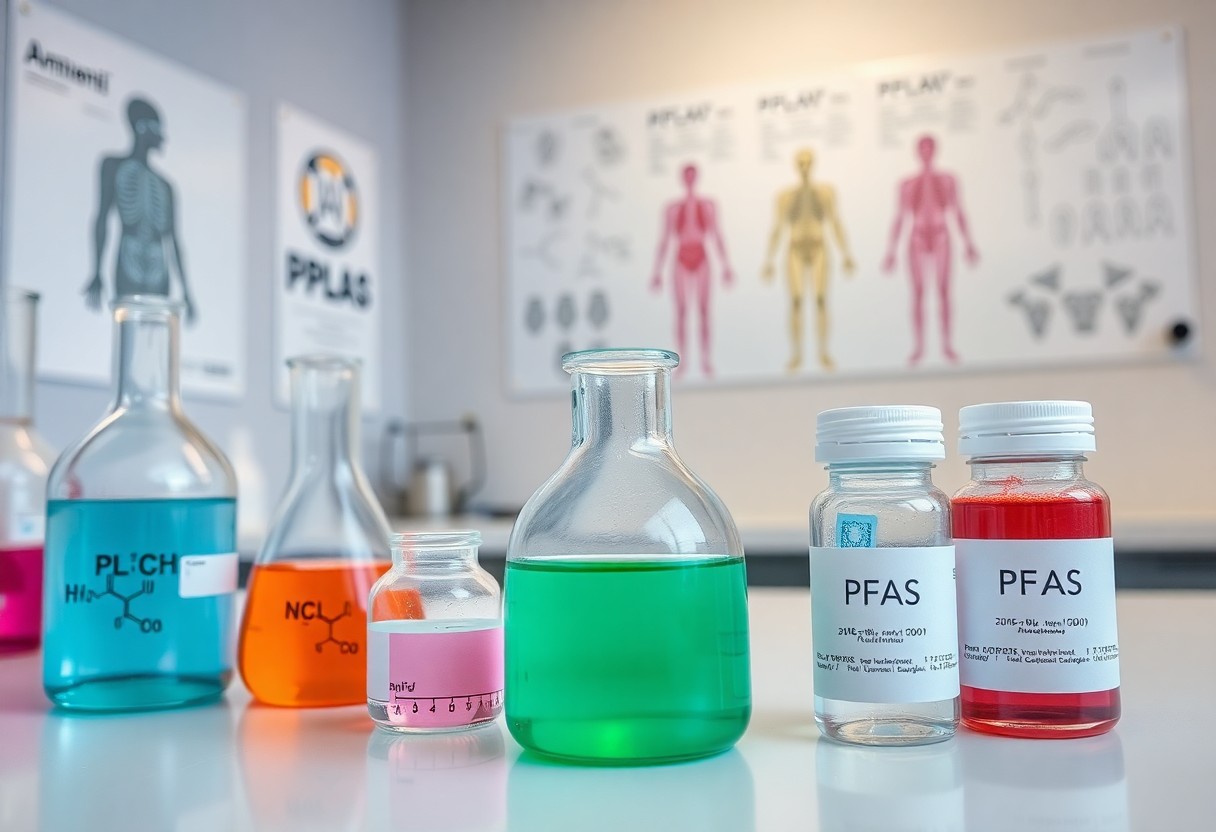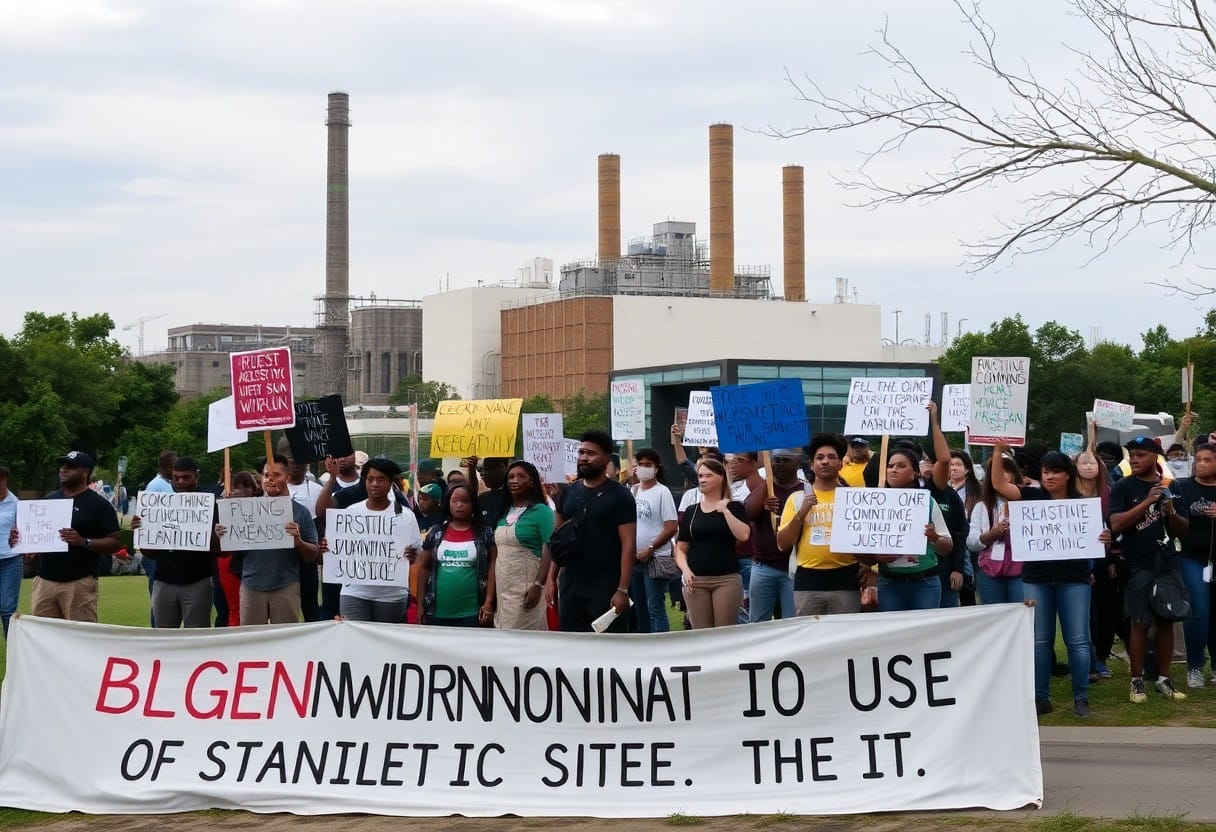Contamination of your water supply can have dire consequences, especially for families living near Chemours facilities in Fayetteville. You may find yourself grappling with the impacts of hazardous chemicals that have infiltrated your drinking water, threatening both health and community well-being. Not only are health risks associated with long-term exposure prevalent, but also the struggle for accountability and remediation persists. Understanding the extent of this situation is necessary for you and others affected, as it underscores the need for greater vigilance and advocacy for safe water access in your area.
Overview of Chemours and Water Contamination
Before the situation escalated, Chemours was a prominent chemical company specializing in manufacturing various products, including fluoropolymers. Unfortunately, over the years, their operations have led to significant water contamination issues, affecting nearby communities, including Fayetteville. The discharge of hazardous chemicals into local water sources has raised serious concerns regarding the health and safety of families living in the area, leaving many residents feeling abandoned and vulnerable.
Background of Chemours
With its establishment in 2015 as a spin-off from DuPont, Chemours quickly positioned itself as a leader in chemical production. However, the legacy of contamination tied to its predecessors casts a long shadow, as toxic substances have been traced back to their manufacturing processes. As a resident, understanding Chemours’ background can provide insight into the ongoing challenges your community faces.
Overview of Contaminants
For you to grasp the severity of the contamination, it’s vital to understand the specific pollutants involved. Chemours has been linked to harmful substances, including per- and polyfluoroalkyl substances (PFAS), which are often referred to as “forever chemicals” due to their resistance to degradation.
Chemours has been found to have released PFAS into the water supply, which are known to cause serious health problems, including cancer, liver damage, and developmental issues in children. The persistence of these chemicals in the environment poses a long-term risk to your drinking water and may exacerbate existing health disparities in affected communities. Awareness of these contaminants and their implications is vital for you and your family to advocate for safer water and health conditions.
Impact on Fayetteville Families
Even as families in Fayetteville seek to understand the repercussions of Chemours’ actions, they are left grappling with the fallout. The community is currently facing two class action lawsuits, representing thousands of North Carolinians, filed against Chemours over PFAS contamination. You can find more about these lawsuits here.
Health Concerns
To address the alarming health concerns, your community needs to pay attention to the potential risks posed by PFAS exposure, including serious long-term effects on both physical and reproductive health.
Economic Consequences
An increasing number of Fayetteville families find themselves facing severe economic consequences as a result of ongoing water contamination issues.
Due to the contamination from Chemours, your property values may be declining, and you may also experience rising health care costs related to PFAS exposure. Many local businesses are struggling to maintain customer trust, leading to job losses and economic instability. The combined effect of these issues can create long-lasting challenges for families, affecting both your financial security and the overall health of the community.
Community Responses
Now, as residents of Fayetteville grapple with the effects of Chemours’ water contamination, community responses have emerged, highlighting resilience and solidarity among families. Local groups have organized meetings to discuss concerns, pooling their resources and knowledge to support one another. The shared experiences have fostered a strong sense of unity, empowering you to demand action from the responsible parties.
Activism and Advocacy
Any efforts to raise awareness about the water contamination issues have ignited a wave of activism within the community. Grassroots organizations have emerged, mobilizing residents to speak out against the pollution affecting your families’ health and safety. Through rallies, social media campaigns, and informational sessions, you are amplifying your voices in hopes of holding Chemours accountable for the damage done to your water supply.
Legal Actions
Actions taken by Fayetteville families are focused on pursuing legal recourse to address the contamination caused by Chemours. Many residents have united in filing lawsuits, seeking compensation for the health impacts and property devaluation stemming from the crisis. Your collective voice in the courtroom showcases the community’s determination to demand justice and safeguard your right to clean water.
Community members are actively collaborating with legal experts to build a strong case against Chemours. This involves gathering evidence, sharing personal testimonies, and joining class-action lawsuits to strengthen your claims. The ongoing support from local advocacy groups amplifies your efforts, pushing for a fair resolution and greater corporate accountability. Engaging in legal action not only helps in addressing the immediate impacts but also sends a message to corporations about the importance of prioritizing community health over profits.
Government Involvement
Your community’s battle against water contamination has prompted a response from government agencies, which are pivotal in addressing the ongoing crisis. Local, state, and federal entities are now assessing the situation, striving to establish regulations that hold Chemours accountable for its actions and safeguard your drinking water from further harm.
Regulatory Responses
The regulatory bodies have initiated various measures aimed at monitoring and regulating water contaminants linked to Chemours. Stricter guidelines are being developed to ensure that industries comply with environmental standards, directly impacting the safety of your water supply and public health.
Support Programs
Beside regulatory changes, support programs are emerging to assist affected families. Local government initiatives aim to provide water filtration systems and financial aid to households experiencing hardships due to water contamination.
For instance, state-funded assistance programs offer water testing and filtration systems for families relying on contaminated sources. Additionally, health clinics have begun to provide testing and resources for those exposed to harmful chemicals. These programs aim to alleviate some pressure from your community while raising awareness about ongoing contamination issues. It’s crucial for you and your family to engage with these programs to safeguard your health and stay informed about any developments in water safety initiatives.
Long-Term Effects
Keep in mind that the long-term effects of water contamination by Chemours are still unfolding. Many Forever chemicals, forever concerns: Cape Fear River and … studies reveal that exposure can lead to serious health issues, which may not manifest until years later. This uncertainty adds to your anxiety about the well-being of your family and community.
Environmental Degradation
On the other hand, the environmental degradation caused by these harmful substances has been significant. The contamination affects not just water sources, but also wildlife and local ecosystems, disrupts food chains, and diminishes the natural beauty of your surroundings.
Social Implications
Any community affected by such contamination is faced with profound social implications. The stress and fear surrounding health risks can lead to divisions among families and neighbors, creating an atmosphere of distrust and uncertainty, which ultimately undermines community cohesion.
A striking consequence of Chemours’ contamination is the impact on your community’s social fabric. Families may experience increased anxiety about their health and that of their loved ones, leading to heightened levels of stress and negatively affecting your community’s mental health. As you navigate the uncertainty, you might feel isolated or unfairly burdened, further straining relationships within the community. Addressing these social concerns is crucial for rebuilding trust and ensuring that families can find strength in unity despite the challenges posed by the contamination.

Future Solutions
Unlike previous efforts that failed to fully address the needs of affected families, future solutions must focus on community engagement and transparent communication. By collaborating with local stakeholders and incorporating their input, you can help ensure that remediation and prevention measures are tailored to the unique needs of your community, leading to a safer and healthier environment for you and your family.
Remediation Efforts
With increased awareness of water contamination issues, remediation efforts in Fayetteville are evolving. You can expect progress as local officials and environmental agencies work diligently to identify and eliminate sources of contamination, ensuring that your drinking water meets safety standards.
Prevention Strategies
Below is a focus on prevention strategies that can safeguard your community’s water supply. By implementing robust policies and fostering partnerships with local organizations, you can play an active role in protecting your waterways from future contaminants.
Considering the long-term well-being of your community, you should prioritize preventive measures like installing filtration systems, upgrading infrastructure, and supporting local clean-up initiatives. Engaging in education programs that raise awareness about potential contaminants can empower you and your neighbors to take action. By advocating for stronger regulations and monitoring processes, you can contribute to a collective effort aimed at preserving water quality, ultimately ensuring healthier lives for your families.
Summing up
From above, it is evident that Fayetteville families face ongoing challenges due to Chemours’ water contamination. You may find it troubling that many households are grappling with the long-term effects of this situation, impacting both health and quality of life. It is vital for you to stay informed about the resources available and the efforts for remediation, as your awareness and involvement can play a significant role in advocating for the community’s right to clean water. The fight for justice and transparency remains necessary for the well-being of your family and neighbors.


















